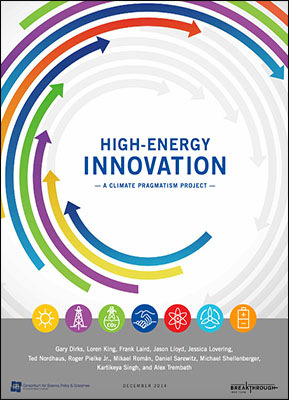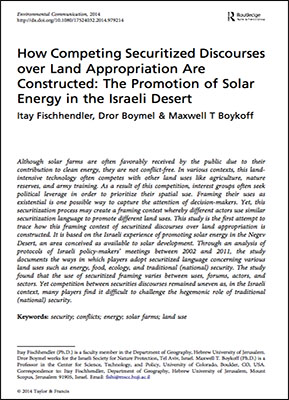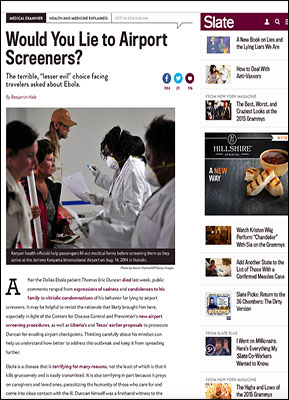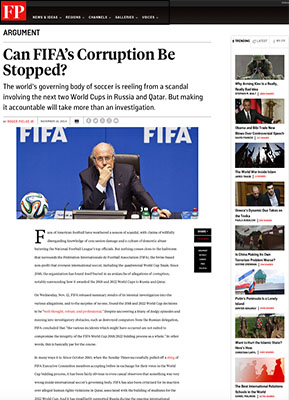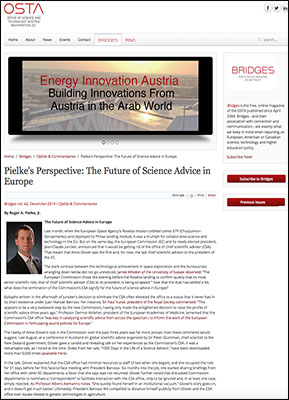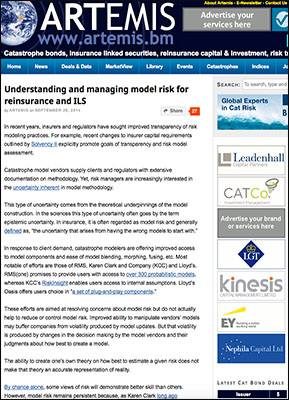|
by D. A. Crow and J. Berggren Abstract: Understanding stakeholder strategies and effectiveness are key components in an analysis of policy change and policy coalition dynamics. The Narrative Policy Framework provides a mechanism for systematically analyzing these elements of the policy process. Using a multi-case analysis of stakeholder communication in environmental policymaking, this study analyzes stakeholder narrative strategy, effectiveness, and framing of winners and losers. The results presented here suggest that policy winners are more likely to use narrative tools such as science and blame, are more likely to use characters in their narratives, and also use a greater number of narrative elements across their narratives. These findings are relevant not only to our understanding of effective narrative strategy and policy outcomes, but also to advocates who seek to achieve policy goals through the use of narrative strategies. |
by D. A. Crow and E. A. Albright Abstract: By examining the policy response to extreme flooding events, this study seeks to illuminate the important factors explaining variation in local level policy learning in response to the extreme floods in Colorado in September 2013. This research examines the factors that are associated with observed variations in policy change in flood mitigation and prevention at the local level. Understanding the factors that encourage adaptation in local policy contexts may prove critical, since this can mean the difference between ongoing flood vulnerability as a consequence of extreme weather events rather than long-term resilience. Additionally, this study provides a comparative case research design wherein federal and state-level emergency response and management can be held constant, focusing on the role of counties and localities in responding to extreme weather events. We are studying these factors in the context of the September 2013 floods in Colorado and the community-level decisions made in seven case communities located in the three hardest-hit counties in Colorado. Findings indicate the importance of several variables in determining the policy responses within communities: the extent of damage a community incurred, the political context within a community and level of transparency in routine governance, and the degree to which city infrastructure (instead of private property) bore the brunt of the flood damage. Additionally, the availability of information appears to be a crucial resource for governments in policy responses, with those more likely to undertake adaptive policy measures also more likely to engage digitally and in-person with local constituents and stakeholders. Read more ... |
by L. Dilling, K. Lackstrom, B. Haywood, K. Dow, M. C. Lemos, J. Berggren, and S. Kalafatis Abstract: In recent years increasing attention has been focused on understanding the different resources that can support decision makers at all levels in responding to climate variability and change. This article focuses on the role that access to information and other potential constraints may play in the context of water decision making across three U.S. regions (the Intermountain West, the Great Lakes, and the Carolinas). The authors report on the degree to which climate-related needs or constraints pertinent to water resources are regionally specific. They also find that stakeholder-identified constraints or needs extended beyond the need for data/information to enabling factors such as governance arrangements and how to improve collaboration and communication. As climate information networks expand and emphasis is placed on encouraging adaptation more broadly, these constraints have implications not only for how information dissemination efforts are organized but for how those efforts need to be informed by the larger regional context in a resource-limited and fragmented landscape. Read more ... |
by G. Dirks, L. King, F. Laird, J. Lloyd, J. Lovering, T. Nordhaus, R. Pielke, Jr., M. Román, D. Sarewitz, M. Shellenberger, K. Singh, and A. Trembath Excerpt: In the coming decades, most of the innovation in clean energy technologies needed to combat climate change will likely occur in rapidly industrializing rather than developed nations. This report identifies and maps promising international efforts by private firms and governments in China, India, the United States, Europe, Latin America, and Africa to advance four low-carbon technologies –– shale gas, nuclear, carbon capture and storage (CCS), and solar –– and makes the case for more collaborations between nations. Read more ... |
by I. Fischhendler, D. Boymel, and M. T. Boykoff Abstract: Although solar farms are often favorably received by the public due to their contribution to clean energy, they are not conflict-free. In various contexts, this land-intensive technology often competes with other land uses like agriculture, nature reserves, and army training. As a result of this competition, interest groups often seek political leverage in order to prioritize their spatial use. Framing their uses as existential is one possible way to capture the attention of decision-makers. Yet, this securitization process may create a framing contest whereby different actors use similar securitization language to promote different land uses. This study is the first attempt to trace how this framing contest of securitized discourses over land appropriation is constructed. Read more ... |
by B. Hale Excerpt: After the Dallas Ebola patient Thomas Eric Duncan died last week, public comments ranged from expressions of sadness and condolences to his family to vitriolic condemnations of his behavior for lying to airport screeners. It may be helpful to revisit the rationale that likely brought him here, especially in light of the Centers for Disease Control and Prevention’s new airport screening procedures, as well as Liberia’s and Texas’ earlier proposals to prosecute Duncan for evading airport checkpoints. Thinking carefully about his mindset can help us understand how better to address this outbreak and keep it from spreading further. Read more ... |
by R. A. Pielke, Jr. Excerpt: Fans of American football have weathered a season of scandal, with claims of willfully disregarding knowledge of concussion damage and a culture of domestic abuse battering the National Football League’s top officials. But nothing comes close to the hailstorm that surrounds the Fédération Internationale de Football Association (FIFA), the Swiss-based non-profit that oversees international soccer, including the quadrennial World Cup finals. Since 2010, the organization has found itself buried in an avalanche of allegations of corruption, notably surrounding how it awarded the 2018 and 2022 World Cups to Russia and Qatar. Read more ... |
by R. A. Pielke, Jr. Excerpt: Last month, when the European Space Agency’s Rosetta mission orbited comet 67P (Churyumov–Gerasimenko) and deployed its Philae landing module, it was a triumph for collaborative science and technology in the EU. But on the same day, the European Commission (EC) and its newly elected president, Jean-Claude Juncker, announced that it would be getting rid of the office of chief scientific advisor (CSA). That meant that Anne Glover was the first and, for now, the last chief scientific advisor to the president of the EC. Read more ... |
by J. Weinkle Excerpt: In recent years, insurers and regulators have sought improved transparency of risk modeling practices. For example, recent changes to insurer capital requirements outlined by Solvency II explicitly promote goals of transparency and risk model assessment. Read more ... |






